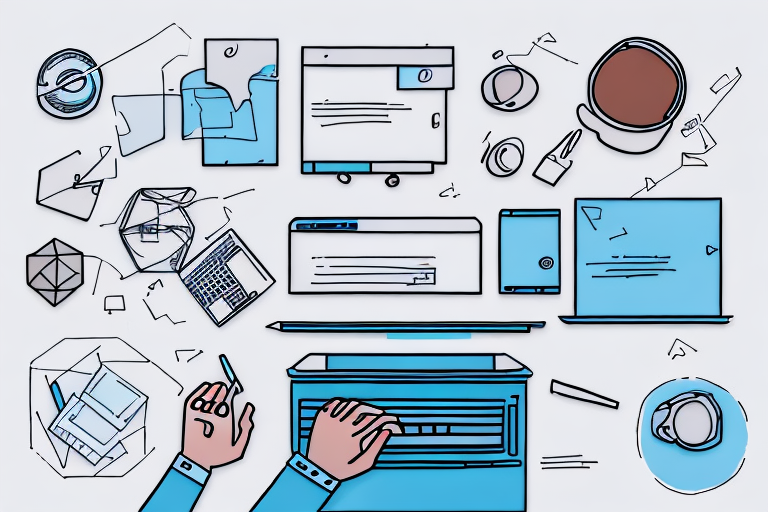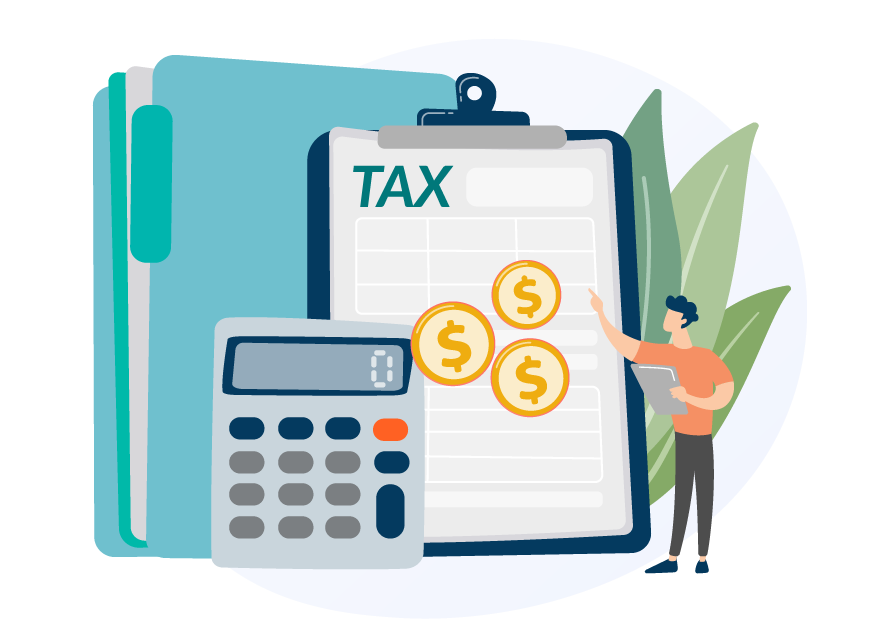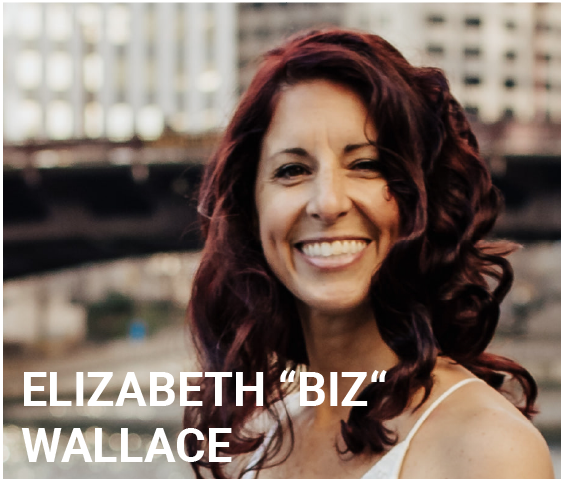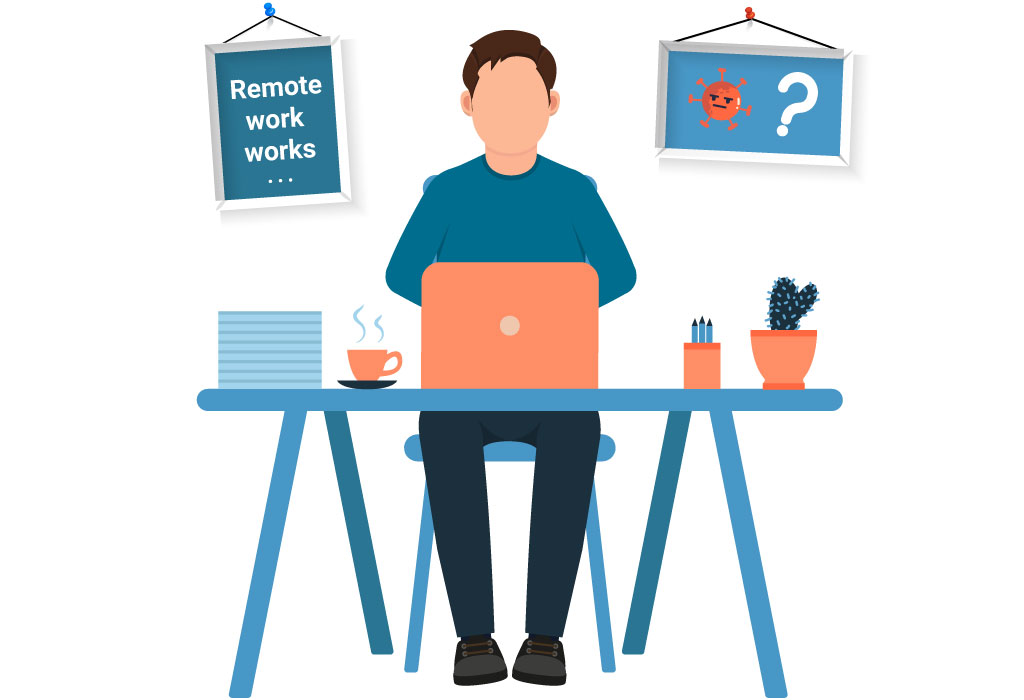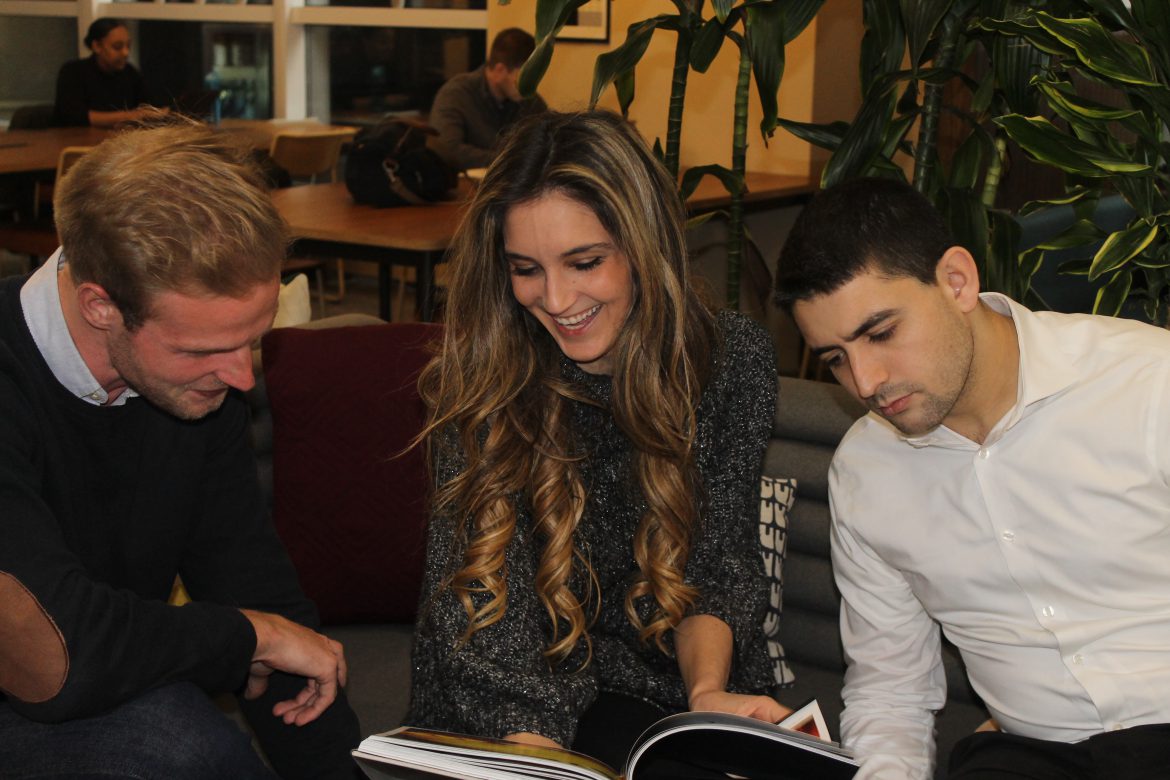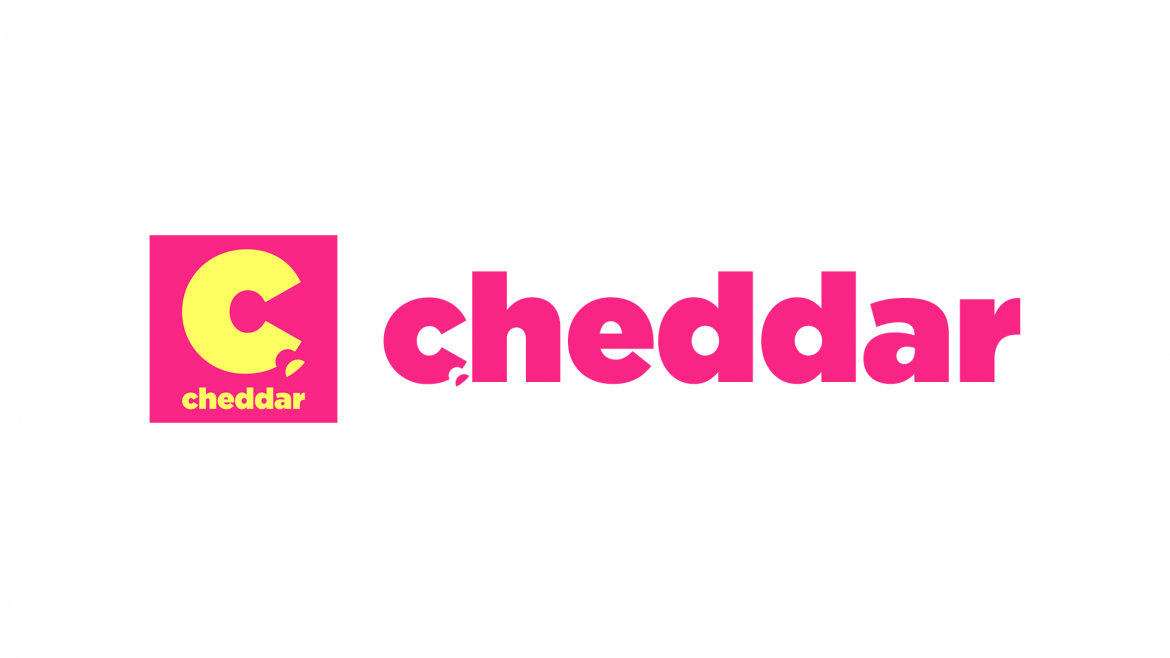It’s understood that years of experience no longer reflect technical ability, what one tech professional can achieve in 2 years, may take another 3 years to master. That’s why technical skills interviews are the best way to accurately assess whether a candidate has what a specific project requires. All interviews can seem like a daunting experience, especially if you feel unprepared. That’s why we have asked Senior Community members and Peer-to-Peer interviewers for their advice on how to ace the Technical Interview.
What are the most common mistakes that candidates make during technical interviews?
Since learning from others’ mistakes is a way to fast track progression here are some of the most common errors to avoid in a technical interview. Candidates often try to answer questions using half-knowledge, where they know some things about a topic but don’t fully grasp all aspects. The idea often is “if I mention the right keywords I will be good”. This backfires if they then get asked about those keywords and don’t have a deeper understanding. Knowing when you are out of your depth and elaborating how you would go about researching a topic is much more valuable than a bad answer.
Senior Community member, Jakub Milkiewicz, shares that another common mistake is not preparing the necessary tools before the interview begins. Some interviewees waste a lot of time by setting up the development environment during the interview, a good tip; always use professional tooling, e.g. your IDE of choice.
What is the best approach to solving technical tasks?
Peer-to-Peer interviewer, Edin Pezerovic, has provided great insight with his answer: “The main point here is to read the task carefully. The task states exactly what to do. If something is not clear, ask immediately. Whatever you’re thinking during your solution-finding phase, say it out loud. The interviewer can’t read your thoughts and can’t help you if you don’t communicate. Next point is to listen to the interviewer. Often you’ll get key information; what the interviewer deems important, where to start and where to put the emphasis. In the end, there is not just one right solution.”
Senior Community member, Peter Spiess-Knafl, shared an insider tip to solving the first live coding task, “task number 1 is intentionally phrased vaguely, it doesn’t say exactly what the candidate has to do. This approach is taken to encourage the candidate to analyse the problem and ask questions about it.”
How can candidates best prepare themselves?
Staying cool, calm, and collected is a sure way to best display knowledge and ability. So let’s look at a few different ways to prepare for a technical test. Senior Community member, Matthias Urhahn, suggests “working with the techstack you are being interviewed for. Instead of going for maximum output, try to understand the reasoning behind why certain patterns in your techstack have become ‘best-practice’.”
For the live coding challenges Mattias shared the following advice; “A big part is nervousness and making mistakes because of that. Live coding shouldn’t be about knowing the right algorithms, but about demonstrating experience. Therefore you can focus on being less nervous and expressing yourself better. This can be practised with a friend or by recording yourself and imagining an audience. Pick a small random task that could be done in half an hour and talk while you code. Explain what you are coding and why you are coding it this way, and not another way. Demonstrate experience by mentioning different approaches and talking about pros/cons.”
Other interviewers suggest preparing with online coding challenges on sites such as; Top coder, HackerRank, and Freecodecamp.org.
What exactly are Peer-to-Peer Interviewers looking for in the coding challenge?
Peer-to-Peer interviewer, Marek Grzybek, provided a high-level understanding of what interviewers are looking for:
- clean, concise, and readable code.
- being able to easily run and test the result.
- the way a candidate uses their environment (e.g.IDE / Shell).
- clearly communicating the thought process behind decisions.
What are the absolute no-goes in an interview?
This may seem like an obvious one but googling the answers during the Q&A section of the interview is a common occurrence, which ends up only reflecting poorly on the interviewee. Senior Community Member, Thomas Backlund, shares that some candidates might have experienced harsh interviews prior and might come to the interview with a defensive state of mind. Thomas has a suggestion to combat a negative mindset, “simply see the interview as a practice for the next interview. Here you are face to face with someone with deep knowledge in the domain, now take the opportunity to do your best and bring home all the learnings.”
If you would like to read more on how to prepare for an WorkGenius technical interview click here.




